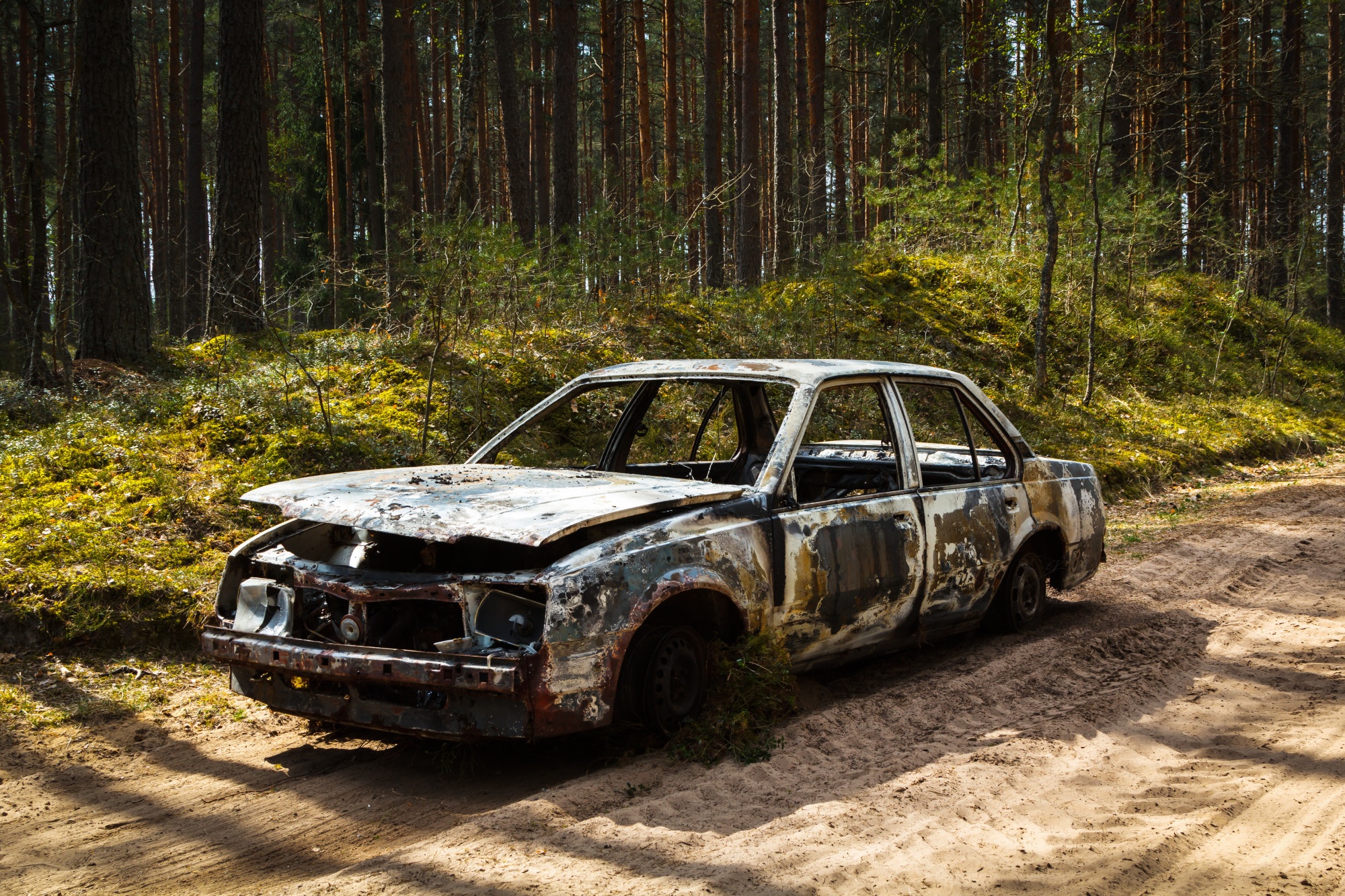Cash for Cars Denver: Get Top Dollar for Your Lorry Today
Cash for Cars Denver: Get Top Dollar for Your Lorry Today
Blog Article
The Economic and Ecological Advantages of Reusing Scrap Vehicles
Recycling junk cars provides countless economic and environmental advantages that extend well beyond waste reduction. These advantages highlight the multifaceted value of reusing junk automobiles, yet there are better aspects to take into consideration when evaluating its full impact.
Reducing Landfill Waste
Reducing landfill waste through the recycling of scrap cars plays a critical role in environmental conservation. Efficient reusing procedures can significantly reduce the volume of waste that ends up in land fills when cars get to the end of their life cycle. Scrap autos, otherwise effectively reused, contribute to the growing issue of landfill overcapacity, intensifying environmental destruction and possibly contaminating dirt and groundwater with unsafe materials such as oil, gas, and heavy steels.

In addition, the recycling process alleviates the damaging effects of vehicle waste on biodiversity. Landfills are infamous for interrupting local ecological communities, and decreasing the influx of junk autos aids protect all-natural environments. Ultimately, recycling scrap cars is a critical method that fosters lasting waste administration, aligning with broader environmental goals.
Conserving Natural Resources
Along with mitigating garbage dump overcapacity, reusing junk cars and trucks plays a substantial role in preserving natural sources. The vehicle market is greatly dependent on numerous steels, plastics, and other materials that require substantial mining and processing. By reusing scrap autos, we substantially lower the need for basic materials, thus curbing the ecological deterioration related to mining tasks. Recycling steel from old cars reduces the requirement for iron ore removal, which in turn lowers energy intake and greenhouse gas exhausts.
Moreover, the procedure of recycling automobile components such as lead, light weight aluminum, and copper is far less energy-intensive than producing these products from virgin resources. This power cost savings converts directly into minimized fossil fuel intake and lower carbon footprints (sell my junk car today). Additionally, by reclaiming and repurposing materials, we expand the lifecycle of non-renewable sources, ensuring they stay available for future use
Moreover, reusing vehicle fluids like antifreeze, transmission, and oil liquid protects against dangerous compounds from polluting dirt and water resources. Through systematic recycling efforts, these fluids can be detoxified and reused, promoting a circular economic climate and further reducing the pressure on natural deposits. Thus, recycling scrap automobiles provides a complex strategy to preserving our world's invaluable all-natural properties.
Producing Work Opportunities
The recycling of junk automobiles not just benefits the environment yet also promotes financial development by producing job opportunities. This burgeoning industry supplies a vast range of work prospects, varying from the initial collection and transportation of old lorries to the complex procedures of dismantling, arranging, and repurposing the different components.

The expansion of reusing plants further intensifies the job market, demanding roles such as designers, machine drivers, and quality assurance specialists to manage the sophisticated machinery and guarantee conformity with environmental regulations. Even management settings, such as sales, advertising and marketing, and client service, see a surge as the market expands.
Reducing Production Costs
By incorporating recycled products from junk automobiles, suppliers can substantially decrease production prices. The power required to process recycled products is dramatically much less than that required to produce brand-new products from scrape.
Furthermore, the reusing procedure assists simplify the supply chain by providing a consistent increase of products that are conveniently offered and frequently less expensive than freshly extracted sources. These price efficiencies are especially vital in a very competitive industry like automobile production, where margins can be razor-thin. Furthermore, the recycling of junk autos aids minimize the volatile pricing of resources, allowing makers to much better projection and control their manufacturing budgets.
Giving Economical Vehicle Parts
When scrap cars and trucks are reused, the schedule of affordable automobile parts dramatically increases, benefiting both customers and repair work stores. Recycled automobile parts are typically sold at a fraction of the price of repairs, providing an economical option for car owners and auto mechanics. This affordability can be critical for individuals who might not have the economic ways to purchase brand-new elements, enabling them to preserve their vehicles in functional and safe condition.
Repair shops additionally acquire from this increased accessibility of inexpensive components. By sourcing recycled components, these services can reduce their functional prices, which can be handed down to consumers through lower solution costs. This, subsequently, can bring about higher consumer contentment and loyalty, as customers value the expense savings without jeopardizing on high quality.
In addition, the top quality of recycled parts has actually enhanced considerably for many years, thanks to improvements in reusing processes and quality assurance steps. Numerous recycled components undergo rigorous screening to ensure they satisfy market standards, using integrity comparable to repairs - scrap my car. By offering a economically viable and premium choice, the recycling of scrap autos plays a critical role in sustaining both the auto repair industry and the broader consumer market
Conclusion
Reusing scrap cars presents considerable economic and environmental benefits by significantly decreasing land fill waste and conserving natural resources. Overall, the recycling of scrap cars sustains both financial growth and sustainability objectives.
Reusing junk automobiles provides various financial and ecological benefits that prolong well beyond waste reduction. Scrap automobiles, if not appropriately reused, contribute to the expanding issue of garbage dump overcapacity, exacerbating environmental degradation and possibly polluting soil we buy junk cars Denver and groundwater with hazardous materials such as oil, gas, and heavy steels.
By recycling junk cars and trucks, we dramatically minimize the demand for raw materials, thereby suppressing the environmental degradation linked with mining tasks.When scrap cars are reused, the availability of affordable car components substantially raises, benefiting both customers and repair stores.Recycling junk autos provides significant financial and environmental benefits by considerably minimizing landfill waste and saving all-natural resources.
Report this page